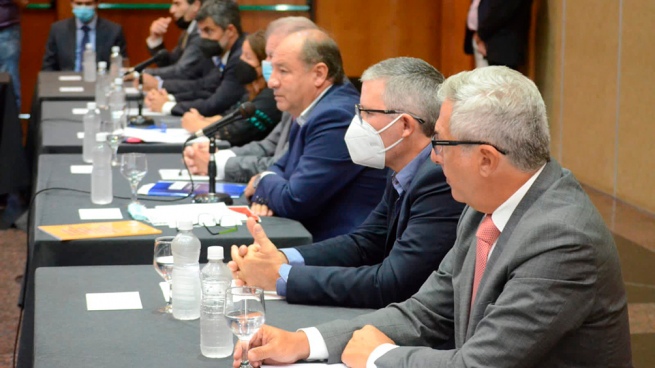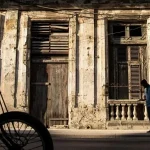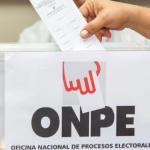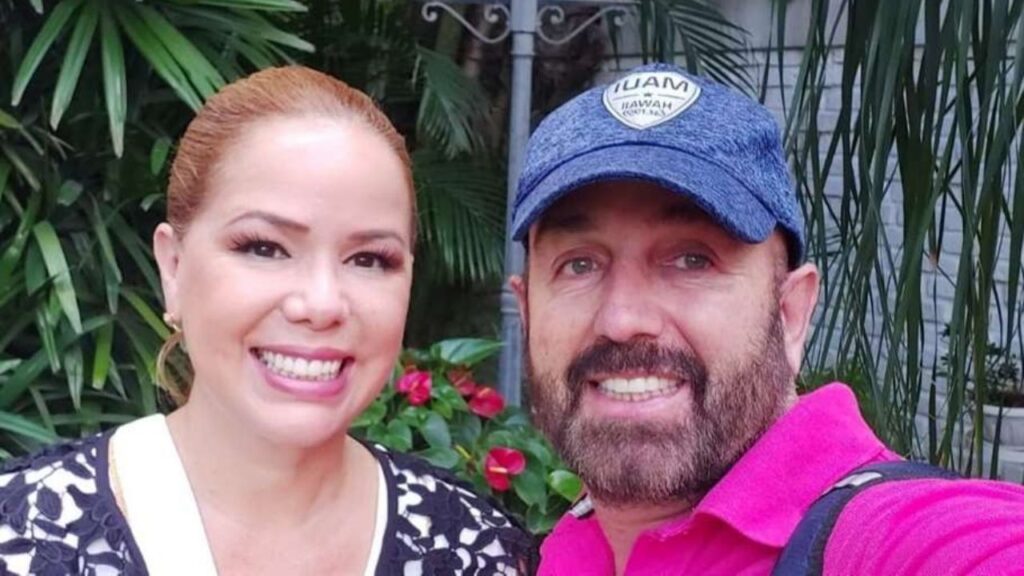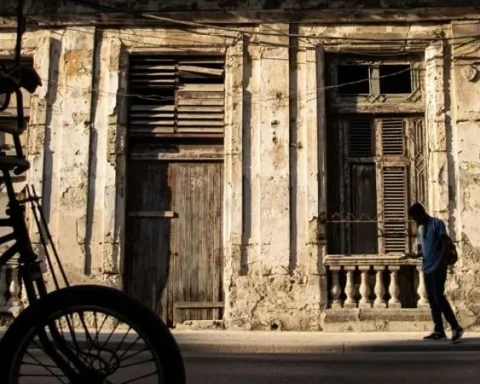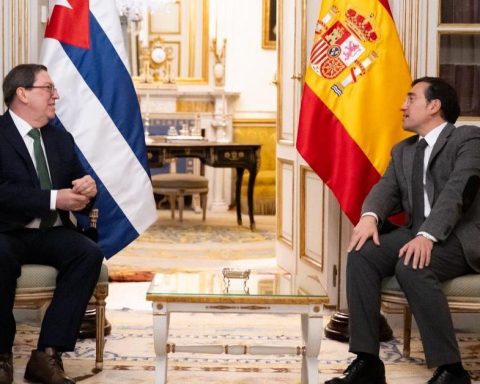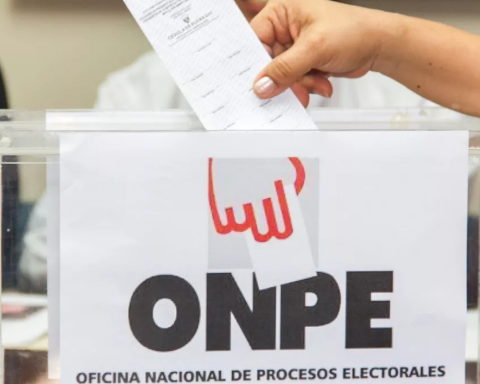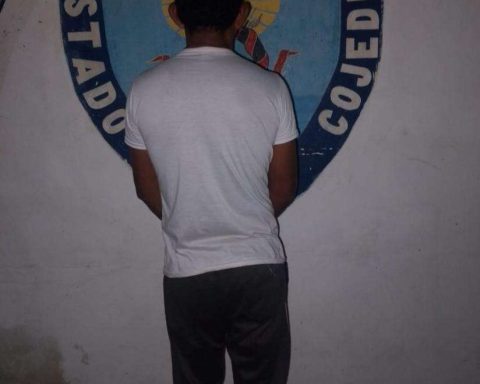Salta became the eighth province on Wednesday to put into operation the Committee for the Prevention of Torture, which was created in 2017, through Law 8024 and in compliance with the provisions of the international and national instruments from the constitutional reform of 1994.
“We are working to prevent the occurrence of not the slightest violation of any human right of any citizennot only of those deprived of their liberty,” said the deputy governor of Salta, Antonio Marocco, who urged the various government ministries to “continue working together and with open doors to facilitate the Committee’s task.”
Marocco spoke at the event held on Wednesday, at the Salta Government House, for the start-up of the Provincial Committee for the Prevention of Torture and Other Cruel, Inhuman or Degrading Treatment or Punishmentcreated in 2017, by law 8024.
During the ceremony, the deputy governor was together with the Minister of Government, Human Rights and Labor of Salta, Ricardo Villada, who indicated that “Salta has been a pioneer in the creation of the Provincial System for the Prevention of Torture in 2017, in accordance with the provisions National and international”.
“Currently, we are the eighth province that has this bodywhich seeks the full validity of the human rights of persons deprived of liberty,” said the minister.
We put into operation the Provincial Committee for the Prevention of Torture and Other Cruel, Inhuman or Degrading Treatment or Punishment.
We will work inter-institutionally to guarantee and preserve the #human rights of all citizens in #jump pic.twitter.com/izYQ9486ju– Ricardo Villada (@ricardo_villada) February 16, 2022
The committee is made up of Cristina Cobos and Rodrigo Solá, representing the Human Rights organizations; Ramón Corregidor for the Chamber of Deputies; and Marcelo Robles for the Chamber of Senators.
The committee should strengthen monitoring of places of detentionin addition to working for the defense of the rights of people deprived of their liberty.
In addition, you can make recommendations to the provincial authorities, magistrates and judicial officials for the adoption of urgent special measures, for the cessation of any mistreatment that could arise in the prison institutions, and their immediate investigation for the protection of the victim.
He will also work on the elaboration of action protocols based on the inspection of detention facilities.
The body, which will have functional and autonomous independence and its own budget for its full operation in the province, must work in a coordinated, complementary manner and in cooperation with public entities, establishing instances of permanent dialogue.

Their members are elected by public contest of background and opposition and they last in their positions four years, being able to be re-elected only once.
“We are a government that is willing to that human rights are fulfilledregardless of the place or the person, and in this case it is about people deprived of their liberty, in a situation of confinement,” Villada said.
The Salta official explained that “today the provincial committee and also the Advisory Councilmade up of different organizations that are going to have the possibility of making all the recommendations that they deem convenient”.
The Provincial System, in addition to the Committee, is also made up of a Consultative Council, which will act as an inter-ministerial and inter-institutional body for consultation and advice.
This council will be made up of representatives of the Power of attorneythe Public ministrythe legislative chambersthe Provincial Executive Powerthe Provincial Institute of Indigenous Peoples (IPPIS), the College of Lawyers and Attorneys of Salta and the National University of Saltawho will collaborate in the design, implementation and monitoring of general or specific recommendations for the prevention of torture.
The Secretary of Government, Rodrigo Monzo, the Secretary of Human Rights, Mariana Reyes, participated in the act; the secretary of Justice and Alternative Methods, Diego Pérez; the general coordinator of the Ministry of Government, Human Rights and Labor, Javier Solá; the Vice President of the Court of Justice, Fabián Vittar; the president of the Chamber of Deputies, Esteban Amat; and the Provincial Attorney, Pedro García Castiella, among others.
